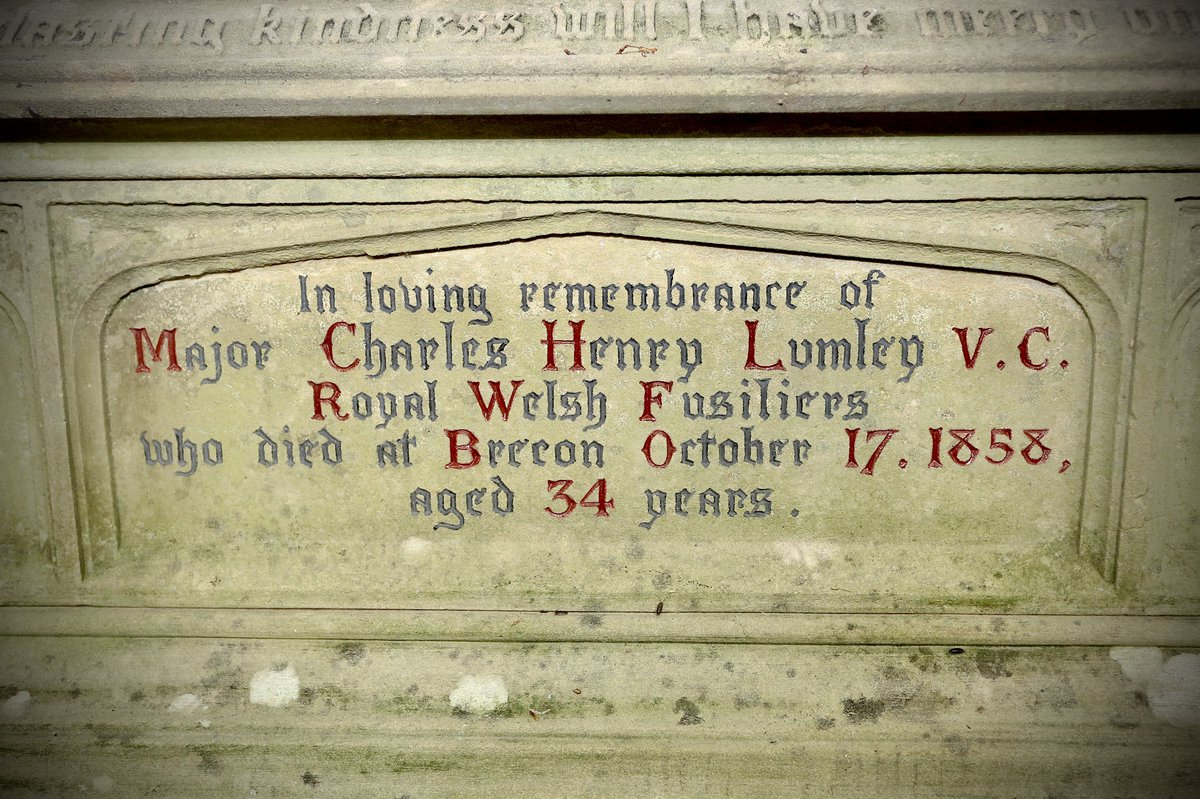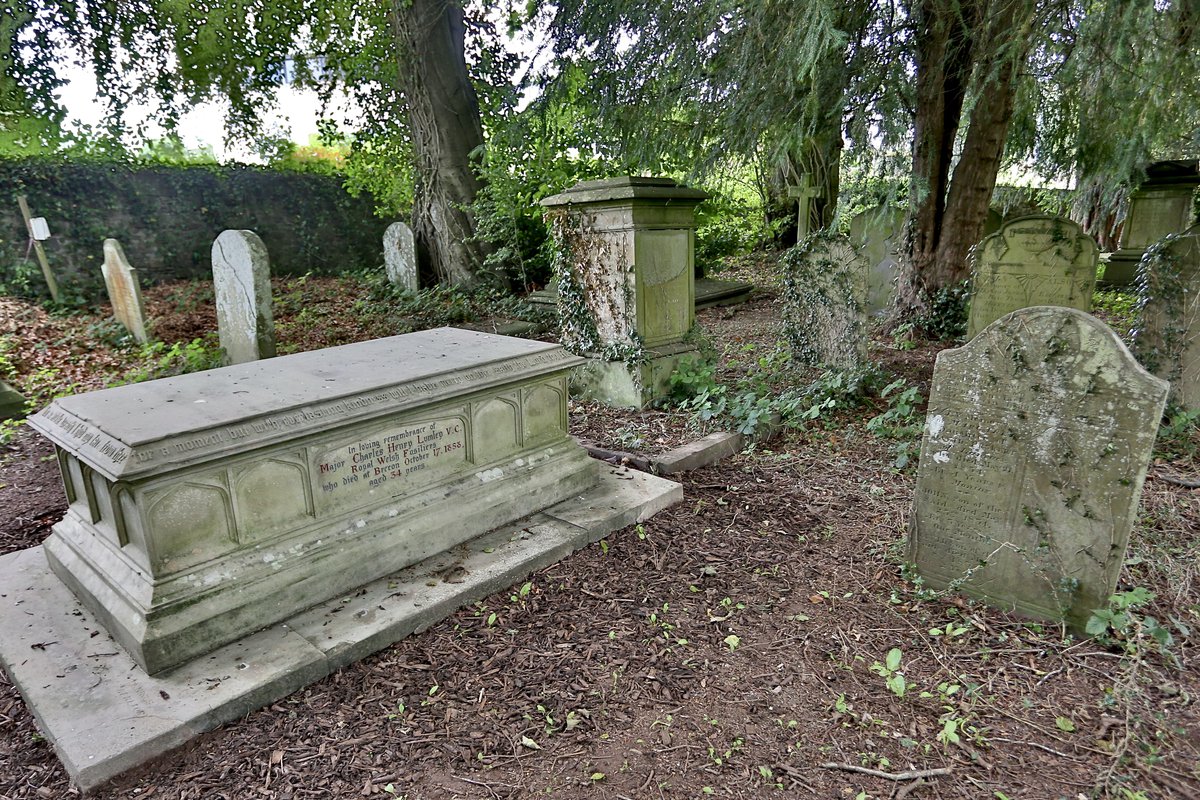Charles Henry Lumley VC

Charles Henry Lumley VC joined the 97th Regiment of Foot at the age of 20 in 1844. His family were originally from Kent, and had a long-held connection to the military. Charles Lumley rose through the ranks reaching Lieutenant in February 1848 and Captain in 1854, just after the outbreak of the Crimean War. Lumley was recognised for his bravery, but the experience of war had a lasting impact on him. After being seriously wounded by a gunshot to the face, Lumley’s mental health declined. In October 1858, he took his own life aged just 34.
Lumley was involved in the final attack on Sevastopol, a decisive action for the Allied forces of Britain, France and Turkey. Having broken through Russian defences the men of the 90th and 97th Regiments were forced to withdraw. Lumley was among a number of men who were recognised for their gallantry in the attack. He was promoted to Major in September 1857, was awarded the Legion of Honour by the French, and the Order of the Medjidie by the Sultan of the Ottoman Empire. On February 24, 1857, his bravery was reported in the London Gazette alongside the news of his award of the Victoria Cross:
“For having distinguished himself highly by his bravery at the assault on the Redan, 8th September, 1855, being among the first inside the work, where he was immediately engaged with three Russian gunners reloading a field piece, who attacked him; he shot two of them with his revolver, when he was knocked down by a stone, which stunned him for the moment, but, on recovery, he drew his sword, and was in the act of cheering the men on, when he received a ball in his mouth, which wounded him most severely.”
The Victoria Cross was established in 1856. It was awarded to soldiers of any rank for extraordinary acts of bravery in the presence of the enemy. It is still amongst the highest awards in the British military. Lumley was one of the first to receive the Victoria Cross, personally presented to him by the Queen at a ceremony in Hyde Park on 26 June 1857.
Lumley was posted to St Mary’s Barracks in Brecon, and was stationed in command of several companies there, mostly recruits. Newspaper reports stated that his ‘health had been much affected by the close attention he had devoted to the drill of the numerous recruits under his command.’ On 17th October 1858, he killed himself. The coroner recorded a verdict of ‘temporary insanity’, which meant that he could be buried with full military honours. While it is hard to explain why Lumley died by suicide, his experience of war may have been a significant factor. Since the First World War, awareness has grown of the impact of conflict on soldiers’ mental health, particularly in terms of post-traumatic stress disorder (PTSD), anxiety and depression.
Charles Lumley was laid to rest in the grounds of Brecon Cathedral. His Victoria Cross medal is currently on display and held by The Queen's Own Royal West Kent Regiment Museum in Maidstone, Kent, England.

There are 14 different stories on the trail. You can explore them in any order. Just point your phone camera at the QR code when you spot the Cathedral logo. You can download the trail map here.